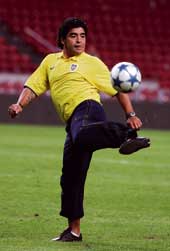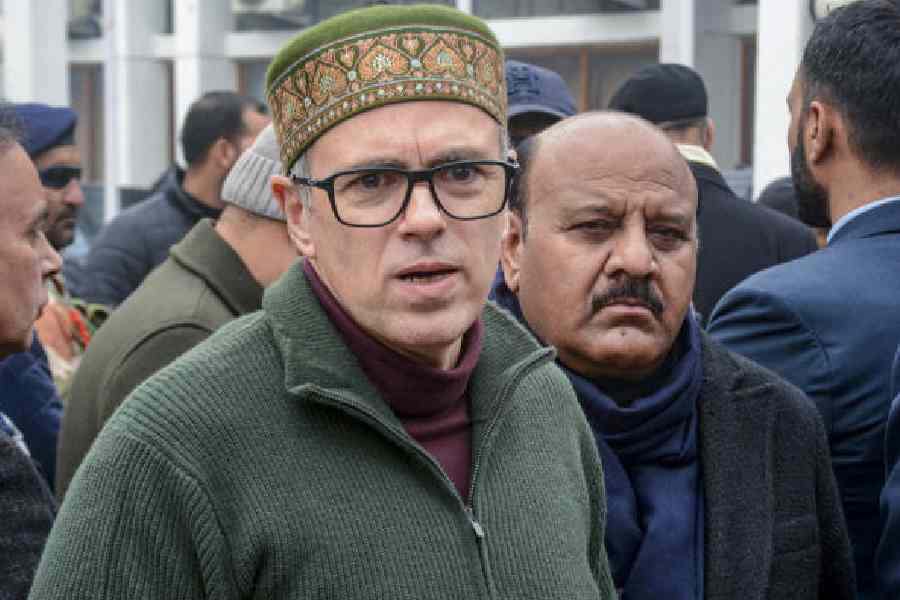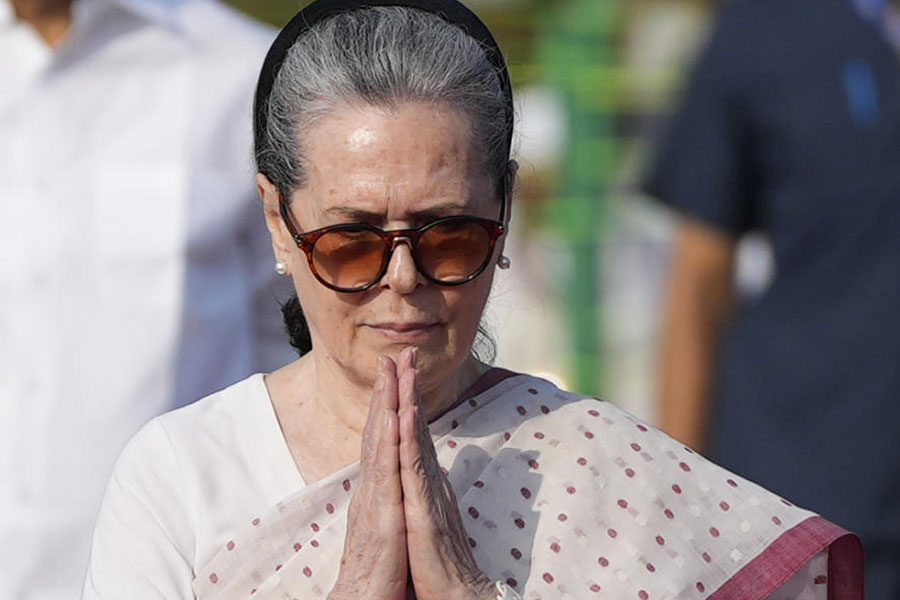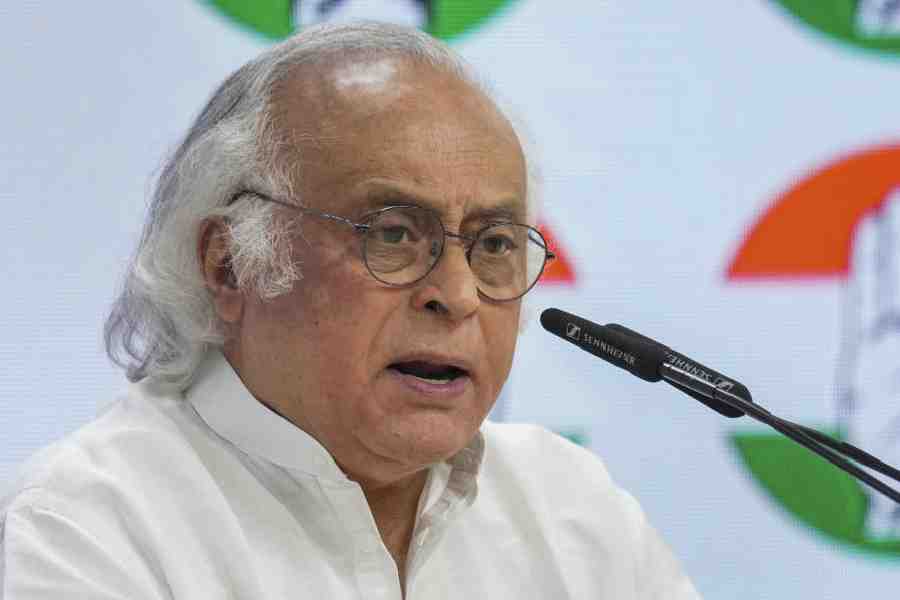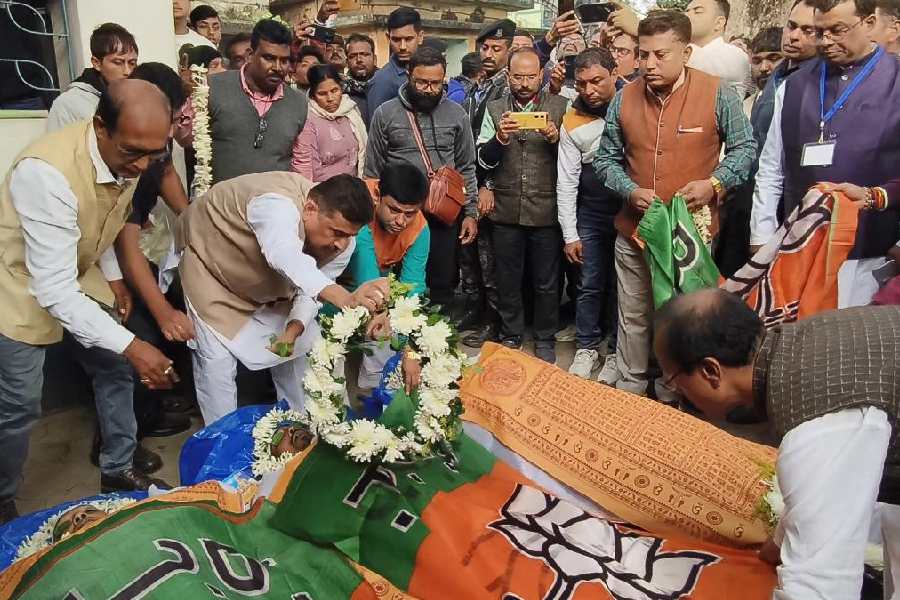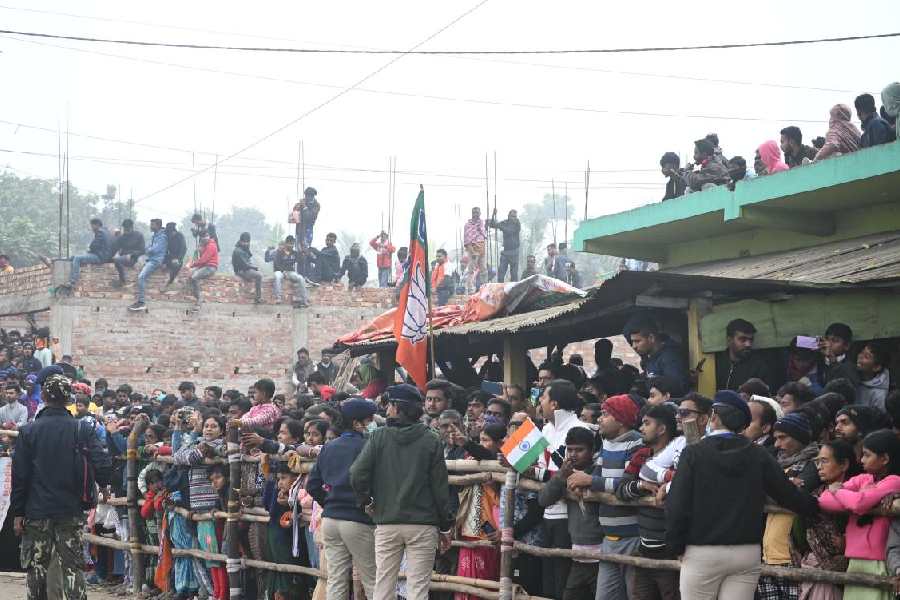 |
The image of Mario Kempes in full flow, complete with loping stride, trademark long flowing locks and the number 10 on his back, will forever be synonymous with the 1978 Fifa World Cup. The man nicknamed ‘El Matador’ fired his way to the top of the tournament’s goalscoring charts and led the Albicelestes to one of the most glorious episodes in Argentine football history.
Even so, the Cordoba-born frontman endured a difficult time at what was his second World Cup. Having been awarded the No. 10 shirt in the absence of fans’ favourite Diego Maradona, Kempes also had to deal with the pressure of being one of only two foreign-based players in the Argentina squad.
Throw in the enormous weight of expectation brought to bear by the fanatical Argentine support, and many a lesser player would have collapsed under the strain.
The first-round draw could barely have been tougher on Cesar Luis Menotti’s side, pitting them against Hungary, Michel Platini’s France, and an Italy team starring Dino Zoff, Antonio Cabrini, Roberto Bettega and Paolo Rossi in Group 1.
However, the Albicelestes themselves were no slouches. With Ubaldo Fillol between the sticks, Daniel Passarella at the heart of the defence, Americo Ruben Gallego in midfield and Kempes up front, the Argentina side had a formidable-looking spine.
The host nation kicked off their campaign in style with 2-1 wins over both Hungary and France in the capital Buenos Aires. Unfortunately, an unexpected 0-1 defeat against Italy forced the Argentines to leave River Plate’s legendary Estadio Monumental and continue their bid for World Cup glory in the city of Rosario.
“At the time, we all wanted to stay where we were. However, as soon as we saw the fervour generated by the fans in Rosario, we knew that we couldn’t have picked a better place to play that decisive round,” recalled Kempes, who had played for local side Rosario Central just two years previously.
During Argentina’s passage through the first phase, Kempes had looked sharp and saw plenty of the ball, without actually getting on the score sheet. As his star striker struggled for goals, Menotti turned to the world of superstition for the solution.
“I suggested that he shave off his handlebar moustache, and it seemed to do the trick,” the coach explained.
Shorn of his moustache, but with his explosive power still intact, El Matador ended his drought at the Estadio Gigante de Arroyito, a stadium he knew like the back of his hand.
In the first game of the second round, two trademark finishes put paid to Poland in a 2-0 win.
In Argentina’s next outing, Kempes failed to break the deadlock in the 0-0 stalemate with arch rivals Brazil, but the best was yet to come.
Needing a four-goal win against Peru to reach the final, Kempes fired another decisive brace as the hosts thumped the hapless Peruvians 6-0, with even the legendary Teofilo Cubillas powerless to stop him.
So to June 25, 1978 and an evening that provided a store of images still etched in the memory of every Argentine: the intense cold, a stadium packed to the rafters, the ticker-tape reception as the team took the field, and another double strike from Kempes that included the decisive extra-time goal which put paid to the Netherlands, many people’s team of the decade.
Both efforts bore the stamp of the Argentine predator: power, courage, opportunism and the composure go past any opponent that stood in his way.
“There’s no doubt that those goals were the pinnacle of my sporting career, but I truly believe that our success was down to the team as a whole. I couldn’t have scored those goals without the hard work of the ten men behind me,” remembers the man who added that year’s Golden Shoe award to his World Cup winner’s medal.
Four years on, at Spain 1982, Kempes was unable to mark his farewell appearance on world football’s biggest stage with a goal. Meanwhile, his beloved No. 10 shirt was now the property of Maradona, passing from one Argentine legend to another.
Looking back on his career, El Matador remains as cool and composed as he was out on the pitch: “Argentina have always produced very good players, and mine is just another name on the list. Diego was the greatest.”

